Filter by
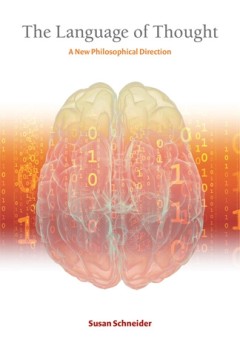
The Language of Thought: A New Philosophical Direction
This title presents a philosophical refashioning of the language of thought approach to the nature of the mind, and the related computational theory of mind.OCLC-licensed vendor bibliographic record.
- Edition
- -
- ISBN/ISSN
- 9780262295833
- Collation
- 1 online resource (xii, 259 pages) :illustrations
- Series Title
- -
- Call Number
- -
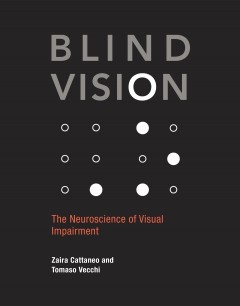
Blind Vision: The Neuroscience of Visual Impairment
Can a blind person see? The very idea seems paradoxical. Here the authors examine the effects of blindness and other types of visual deficit on the development and functioning of the human cognitive system.OCLC-licensed vendor bibliographic record.
- Edition
- -
- ISBN/ISSN
- 9780262295819
- Collation
- 1 online resource (269 pages) :illustrations
- Series Title
- -
- Call Number
- -

Mind as motion :
Mind as Motion is the first comprehensive presentation of the dynamical approach to cognition. It contains a representative sampling of original, current research on topics such as perception, motor control, speech and language, decision making, and development. Included are chapters by pioneers of the approach, as well as others applying the tools of dynamics to a wide range of new problems. T…
- Edition
- -
- ISBN/ISSN
- 9780262281782
- Collation
- -
- Series Title
- -
- Call Number
- -

Mind design II :
Mind design is the endeavor to understand mind (thinking, intellect) in terms of its design (how it is built, how it works). Unlike traditional empirical psychology, it is more oriented toward the "how" than the "what." An experiment in mind design is more likely to be an attempt to build something and make it work--as in artificial intelligence--than to observe or analyze what already exists. …
- Edition
- -
- ISBN/ISSN
- 9780262275071
- Collation
- -
- Series Title
- -
- Call Number
- -

Mind in everyday life and cognitive science
Annotation
- Edition
- -
- ISBN/ISSN
- 9780262011815
- Collation
- -
- Series Title
- -
- Call Number
- -

The pragmatic turn toward action-oriented views in cognitive science
Cognitive science is experiencing a pragmatic turn away from the traditional representation-centered framework toward a view that focuses on understanding cognition as 'enactive'. This enactive view holds that cognition does not produce models of the world but rather subserves action as it is grounded in sensorimotor skills. In this volume, experts from cognitive science, neuroscience, psycholo…
- Edition
- -
- ISBN/ISSN
- 9780262333290
- Collation
- 1 online resource (xi, 418 pages) :illustrations.
- Series Title
- -
- Call Number
- -
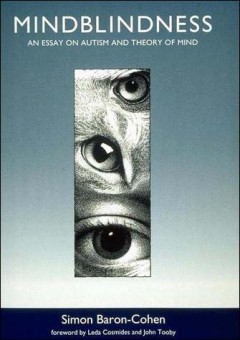
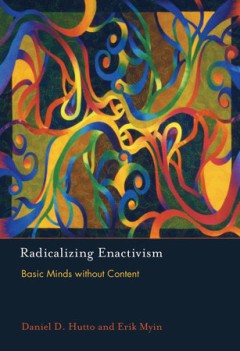
Radicalizing Enactivism: Basic Minds without Content
Hutto and Myin promote the cause of a radically enactive, embodied approach to cognition which holds that some kinds of minds - basic minds - are neither best explained by processes involving the manipulation of contents nor inherently contentful. It opposes the widely endorsed thesis that cognition always and everywhere involves content. The authors defend the counter-thesis that there can be …
- Edition
- -
- ISBN/ISSN
- 0262312174
- Collation
- 1 online resource
- Series Title
- -
- Call Number
- -
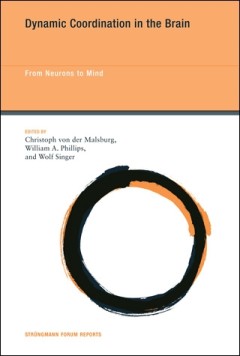
Dynamic Coordination in the Brain: From Neurons to Mind
This text is an examination of how widely distributed and specialized activities of the brain are flexibly and effectively coordinated.OCLC-licensed vendor bibliographic record.
- Edition
- -
- ISBN/ISSN
- 9780262289818
- Collation
- 1 online resource (xiv, 352 pages) :illustrations (some color).
- Series Title
- -
- Call Number
- -
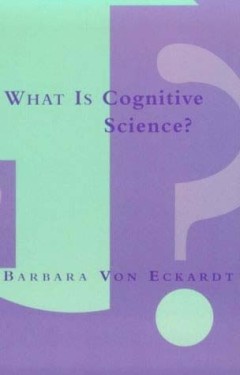
What Is Cognitive Science?
A Bradford book."OCLC-licensed vendor bibliographic record.
- Edition
- -
- ISBN/ISSN
- 9780262285629
- Collation
- 1 online resource (x, 466 pages) :illustrations
- Series Title
- -
- Call Number
- -
 Computer Science, Information & General Works
Computer Science, Information & General Works  Philosophy & Psychology
Philosophy & Psychology  Religion
Religion  Social Sciences
Social Sciences  Language
Language  Pure Science
Pure Science  Applied Sciences
Applied Sciences  Art & Recreation
Art & Recreation  Literature
Literature  History & Geography
History & Geography